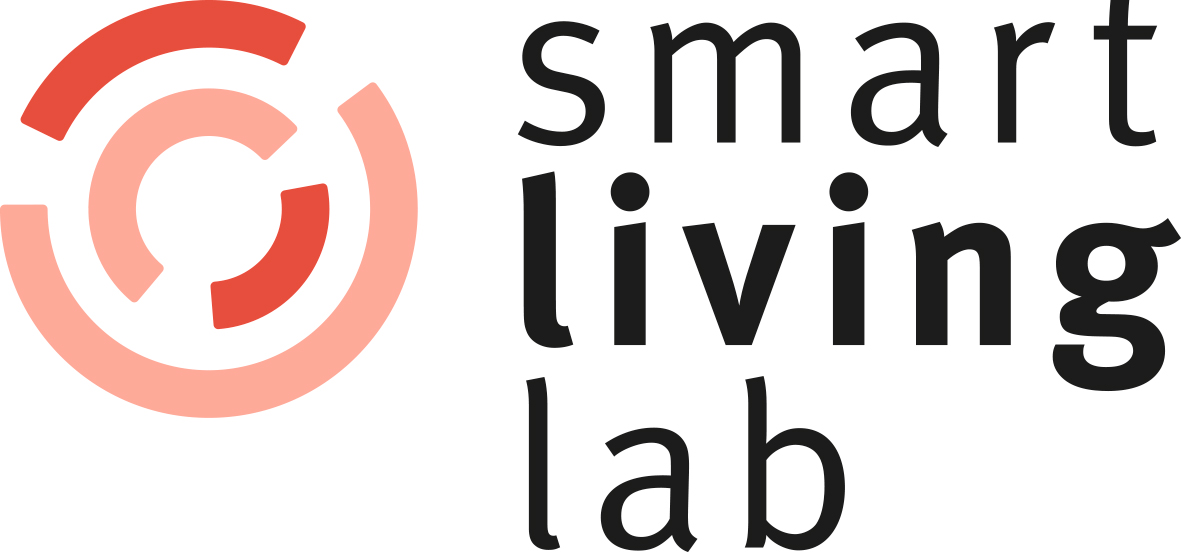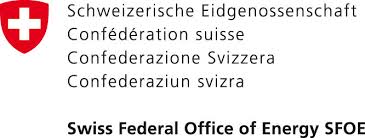Workshops
Preliminary program subject to modification. Workshops will be available on-site only.
13 September 2023
14h00-15h30 Low-carbon Renovation: How and How Much? 16h15-18h00 Positive Energy Districts
14 September 2023
10h45-12h30 Digital twins 14h00-15h30 Storing for the seasons
Low-carbon Renovation - How and How Much?
13 September 2023, 14h00-15h30
Workshop in two parts: 1. Theory LCA in renovation projects2. Practical exercises with Rhino plugins Bombyx and Hive
The necessity of low-carbon building renovation is evident but difficult in practice. Two tools have been developed to assist planners in the process. This hands-on workshop will be focused on low-carbon building renovation of Swiss residential buildings. During the workshop, the participants will review the theory of life cycle assessment (LCA) and directly apply the knowledge in practice by using two software applications, Bombyx and Hive, developed at ETHZ. Bombyx and Hive are design-integrated parametric tools for the analysis of embodied emissions and operational energy consumption. The participants will have a possibility to create a 3d model of any house or use the building provided by the organizers. During the workshop, several renovation solutions will be provided and the task will be to identify the optimal solutions in terms of operational and embodied emissions and define the most sensitive parameters.
This workshop is held in two parts, the first -- theoretical -- for anybody interested, and the second -- applied -- for participants with a basic knowledge of Rhino and Grasshopper. A small number of laptops will be available for the second part. Participants are invited to take their own and install the following plugins: - Bombyx https://www.food4rhino.com/en/app/bombyx - Hive https://www.food4rhino.com/en/app/hive
Organization and Moderation
Dr Alina Galimshina, Pedram Mirabian and
Yasmine Priore, ETHZ
Positive Energy Districts - planning, design & interaction with stakeholders
13 September 2023, 16h15-18h00
Positive Energy Districts (PED) are a key element in the EU planning for decarbonization of cities. Up to a hundred are being developed throughout the continent: a challenge both at the technical level and from an economic, environmental and social perspective. The basic principle of Positive Energy Districts (PEDs) is to create an area within city boundaries not only capable of generating more energy than consumed but also agile/flexible enough to respond to the variation of the energy market. The aim of this workshop is to gain a better understanding of the technologies, planning tools and decision-making processes involved in the creation of PEDs and to share know-how with local stakeholders based on experience and data from demonstration cases.
Organization and Moderation
IEA EBC Annex 83 "Energy
Positive Districts", Prof. Matthias Haase,
ZHAW
Digital Twins - challenges & opportunities
14 September 2023, 10h45-12h30
The workshop on digital twins of buildings and cities will offer a unique opportunity for scientists and urbanists to explore the potential of digital twins in transforming the way we design, operate, and manage buildings and cities. Digital twins are virtual replicas of physical assets, systems, or processes that simulate and predict their performance, behavior, and interactions in real-time. Participants will gain insights into the latest advancements in digital twin technology and their practical applications in areas such as energy efficiency, sustainability, and resilience. The workshop will also examine the challenges and limits of digital twin technology, drawing on concrete examples to encourage participants to think creatively and collaboratively about potential solutions and strategies.
Program| 10h45-11h10 | Academic Presentation on the topic of Digital Twin, from the Resilient Steel Structures Laboratory (RESSLab) of Prof. Dimitrios Lignos: Dr Nenad Bijelic |
| 11h10-11h35 | Presentation of the URBANTWIN research program: Georgios Sarantakos |
| 11h35-12h00 | Pix4D Presentation: Dr Martin Rehak, Head of Product | 12h00-12h30 | Roundtable:
|
Organization and Moderation
Dr Jan Kerschgens, Executive Director
EPFL Center for Intelligent Systems (CIS)
Storing for the Seasons - progress and potential of building energy storage
14 September 2023, 14h00-15h45
If solutions to store thermal and electrical energy are easily implemented at a daily time scale, the storage capacity is limited and higher capacity storage or seasonal storage solutions must be developed. In this workshop we will explore the latest energy storage systems for buildings. The workshop aims to delve into current and future storage solutions that cater to both thermal and electrical needs of buildings. We'll assess the storage solutions available for daily capacities, including hot water, ice-cold water with heat pumps, and PCM material, among others, while also considering potential upscaling for higher capacities. A particular focus will be on seasonal hydrogen storage. Throughout the workshop, we'll examine various factors such as the technology readiness level of the technologies, the energy storage capacities that can be achieved, constraints for the buildings, current regulatory status, and recommendations from authorities. We'll also consider whether seasonal storage should be contemplated as a local solution at building scale or rather at a district or even larger scale.
Organization and Moderation
Dr Philippe Couty, Founder & Director TecPhy and Lecturer at School of Engineering and Architecture Fribourg






